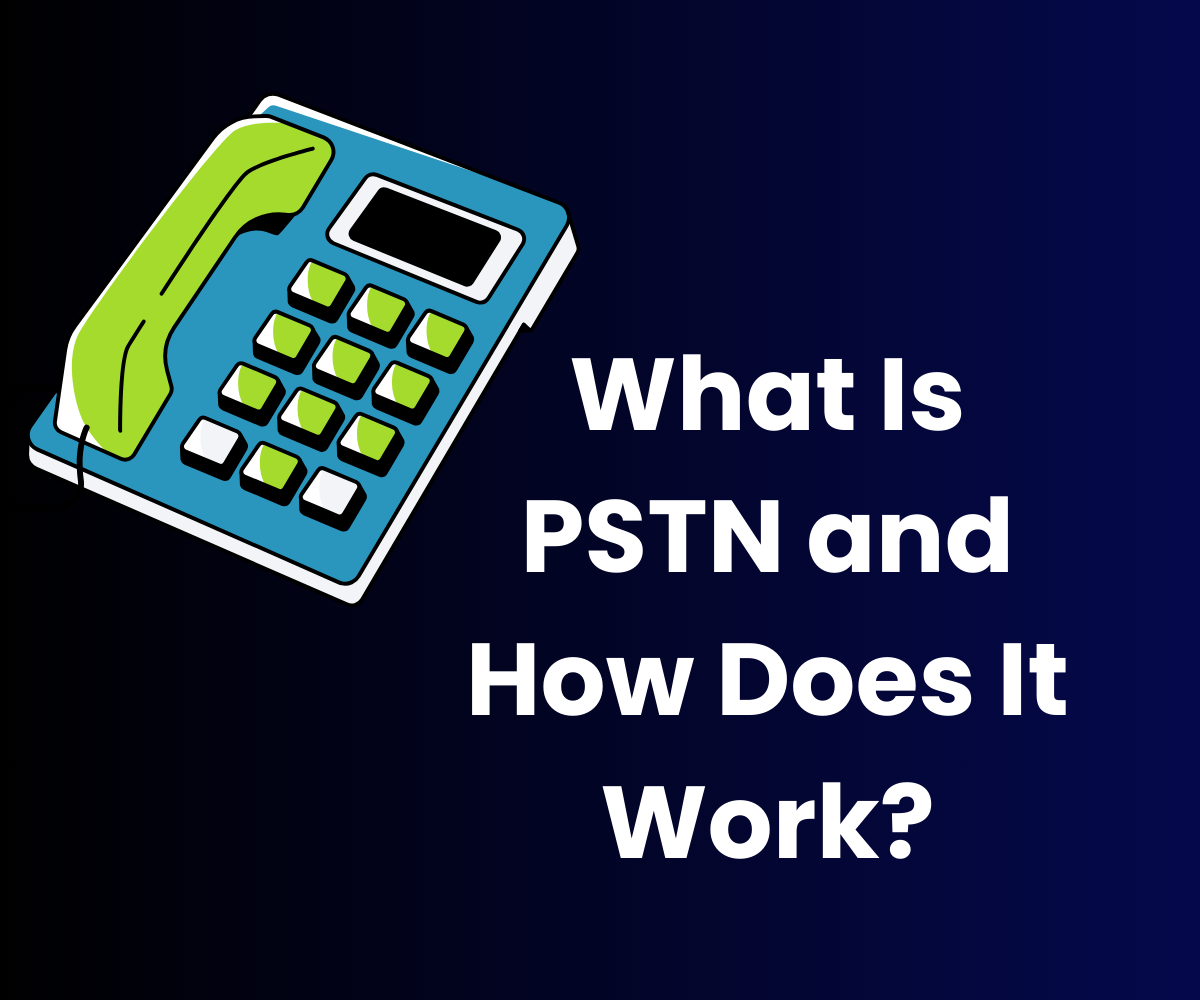 Normally, talking about the two powerful foes who duked it out on national television makes you think about Monday Night Football. Not this time. Unless you have been living under a rock for the past year, you probably know that Monday night was the first presidential debate between the two major-party candidates, Donald Trump and Hillary Clinton. The popularity that both of these candidates have is historically low and a lot of that is based on the public’s general mistrust of what they have to say. This has led to a bevy of debate fact-checking services across the web and, unsurprisingly, that is creeping its way into the office today more than ever. That’s why we figured we’d go over how to talk politics at work without getting fired.
Normally, talking about the two powerful foes who duked it out on national television makes you think about Monday Night Football. Not this time. Unless you have been living under a rock for the past year, you probably know that Monday night was the first presidential debate between the two major-party candidates, Donald Trump and Hillary Clinton. The popularity that both of these candidates have is historically low and a lot of that is based on the public’s general mistrust of what they have to say. This has led to a bevy of debate fact-checking services across the web and, unsurprisingly, that is creeping its way into the office today more than ever. That’s why we figured we’d go over how to talk politics at work without getting fired.
Fact Checking at Work
The problem with deciding to take your debate fact checking to work is that politics it right up there with favorite pizza toppings and sports teams as topics most likely to cause a disagreement. Obviously, disagreements are fine and often encouraged in the office as they are typically responsible for an improved final product when moving from project to project. Disagreeing over politics in the workplace is a good way to flirt with disaster at the office, especially when it concerns the two least-liked major party presidential candidates in history. Seeing as how we’re the hosted business communications ally for distributed and remote workforces, we thought we’d make this how-to guide on discussing politics for the times that you are in the office, as well.
Debate the Debates and Keep Your Job
Remember, just like the candidates, by sticking to your game plan and not getting lured or baited into deviating from your path, you can make it through this political cycle unscathed. Use these tips to make sure your paychecks aren’t tied to the success of your favorite candidate.
1. Know Your Stuff
The biggest challenge facing a lot of the world today has nothing to do with politics, and that is that we have access to an indigestible amount of information out there and no clear guideline on how to use it. For starters, never use a headline to frame your argument. Instead, read whatever headlines trigger a reaction to gain a better understanding of the context. Better yet, follow-up with some related reading to make sure your facts are accurate. For extra credit you can always go to Snopes or Politico to lock in the facts with their research.
2. Know Your Audience
I get it, emotions run high in a political debate and you may be keen to jump into discussing your favorite ups and downs. Settle down there, trigger. Are you about to engage with people who are open and receptive to that conversation, or are they just in line to toast their bagels? A little self-awareness will be key to not pressing coworkers into uncomfortable situations.
3. Know Your Limits
Trolling on the internet is something that no topic, culture, interest, or hobby has been unaffected by. Do you know why that is? Because people like to stir the pot and they sure don’t need the internet to do it. If you have a coworker who is looking to troll you, beware and better yet, back off. This should go for anything, but I like to quote Mark Twain to help remember how to deal with trolls, “Never argue with a fool; onlookers may not be able to tell the difference.”
4. Know The Risks
I file this one under the category of weighing the risks against the rewards. Sure, everyone from the top of the corporate food chain to the newest hire fresh out of college will be affected by the course of the country over the next four years, but not all of them will be your best debate conversation buddy. If you happen to come across a conversation that finds your boss or CEO on the opposite side of the political spectrum to yourself, it’s time to really consider if now is the time to hop in to correct his or her facts. Look, I’m the last one in the world to tell anyone to roll over and be disingenuous to their beliefs, but that is not the same thing as refraining from fighting every battle. Because, discretion is the finer part of valor, after all.
5. Know Where You Stand (or don’t!)
Okay, maybe this doesn’t apply to most, but for the folks out there who aren’t clear on the topics, issues, candidates, or on even if there is an election going on at all, there exists a special set of rules. The first and most important thing to remember is that there is no shame whatsoever in not being the most well-read political wonk in the room. Frankly, that’s a dubious honor, anyway. Having a legitimate academic curiosity on the topics is enviable and something to be encouraged. If you find yourself just starting out on the subject, try to focus on asking more questions than not. Conversely, if you are in the debates pretty deep and you encounter someone seeking information, be patient, be kind, and try to make sure they understand what they want to know, not how you want them to vote.
Is Today the Company’s Last Day?
Hopefully not. In the highly likely event that you plan to return to the office at a later date, it would be in your best interest to make sure the political discussions go as smoothly as possible. Remember, while losing your job over a political discussion is a distant and worst-case scenario, it is possible to have a bad conversation that could have been avoided by following these steps.
Of course, we’ve failed to mention that if your business is a political call center, then all you do is talk about politics! If your business is looking to improve your communications with voters or constituents, give us a ring!






